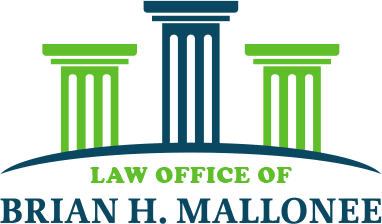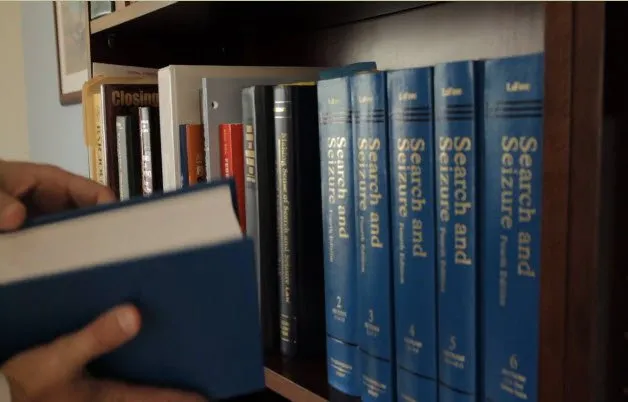July 21, 2020
Federal Criminal Defense
Federal drug possession charges carry heavy penalties. A simple possession conviction can result in up to a year imprisonment with fines of $1,000 or more. A second possession conviction can result in up to 2 years in federal prison and fines of $2,500 or more. Any subsequent conviction can mean a minimum of 90 days in a federal facility, with up to 3 years in prison and fines of $5,000 or more.
A federal drug conviction can lead to forfeiture of any property involved, including a vehicle. Federal drug convictions may also result in long term penalties, such as becoming ineligible of owning a firearm and denial of federal benefits.
There are several viable legal defenses when someone is charged with federal drug possession charges. Depending on the circumstances of the case, a person accused of simple drug possession may be able to offer a defense or evidence showing that he or she did not knowingly possess a controlled substance. The government bears the burden of proving, beyond a reasonable doubt, that the substance in question was a controlled substance, that the accused knew that the substance was a controlled substance, and that the accused possessed the substance. Though these elements may seem simple, the facts in the case may provide opportunities for the defense to poke holes in the government’s case and to prove one’s innocence.
With the assistance of an experienced federal criminal defense lawyer, a person accused of drug possession can demand that the government offer proof that the substance seized by law-enforcement officers was a controlled substance. The United States Supreme Court has ruled that those accused of drug crimes, under the Sixth Amendment of the Constitution, have the right to confront or cross-examine the lab technician or chemist who tested the contraband. If the government has failed to follow proper protocols in the testing of the contraband, these issues could result in dismissal of charges.
The government must also provide proof that the accused “knowingly” possessed the controlled substance. Knowingly means you know the substance or object of the act is illegal. In a drug possession case, knowingly does not mean you know exactly what the controlled substance is. Rather, knowingly means you knew it was an illegal substance. A good federal criminal defense attorney will pressure the prosecutor to prove that you knew the drugs were in your proximity and/or to prove that you intended to consume or use the drugs in some manner knowing it was illegal. State of mind is usually proved by facts and circumstances of the case, your criminal history, and lay and expert testimony.
The government must prove that the accused was in actual possession of the illegal substance. Possession requires that dominion or control over the contraband existed. In most cases, if you never actually handled the drugs, then you never had dominion and control over it.
Another defense would include violation of Fourth Amendment search and seizure protections. The Fourth Amendment is important to drug crimes. Law Enforcement officers are constitutionally mandated to act reasonably when searching a person and seizing property. There are certain procedural rules that must be followed for the search warrant to be legal and the search and seizure to be lawful. Search warrants must be valid, which means they must have been obtained properly and legally. If all the required information was not submitted to establish probable cause, then the warrant may be invalid. If the information to establish probable cause was obtained by bad evidence or a bad source, then the warrant may be invalid. If it is used to search and seize, then that evidence obtained from the invalid warrant may be inadmissible. Even with a valid warrant, law enforcement must not exceed the scope of the warrant or violate it in any other way or else the evidence obtained could also be inadmissible.
If you are looking for an experienced federal criminal defense lawyer who will aggressively defend your case to protect your rights and future, contact the Law Office of Brian H. Mallonee at (772) 464-1991.
Schedule A Free Consulation
LIKE THIS BLOG POST? SHARE IT WITH THE WORLD

